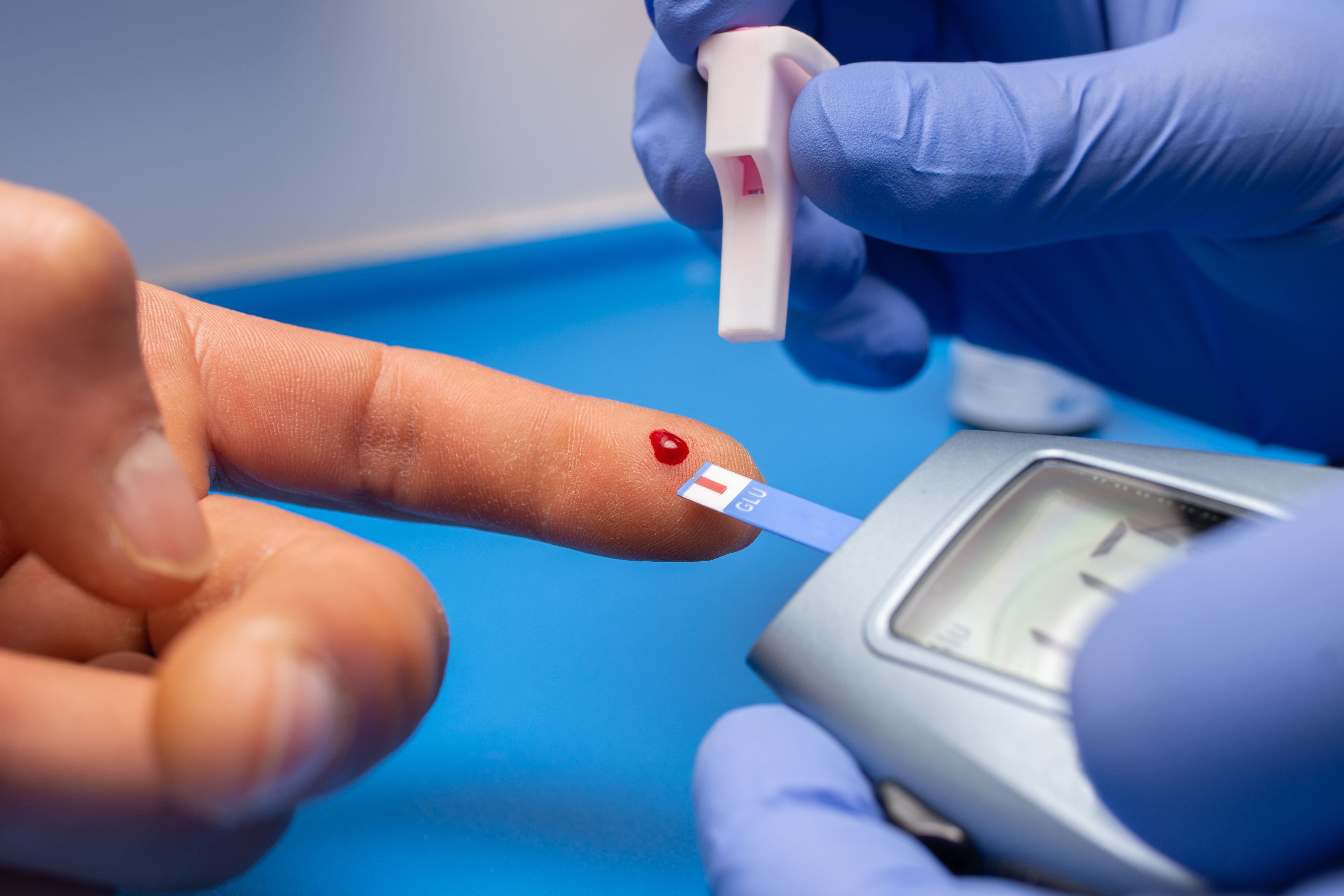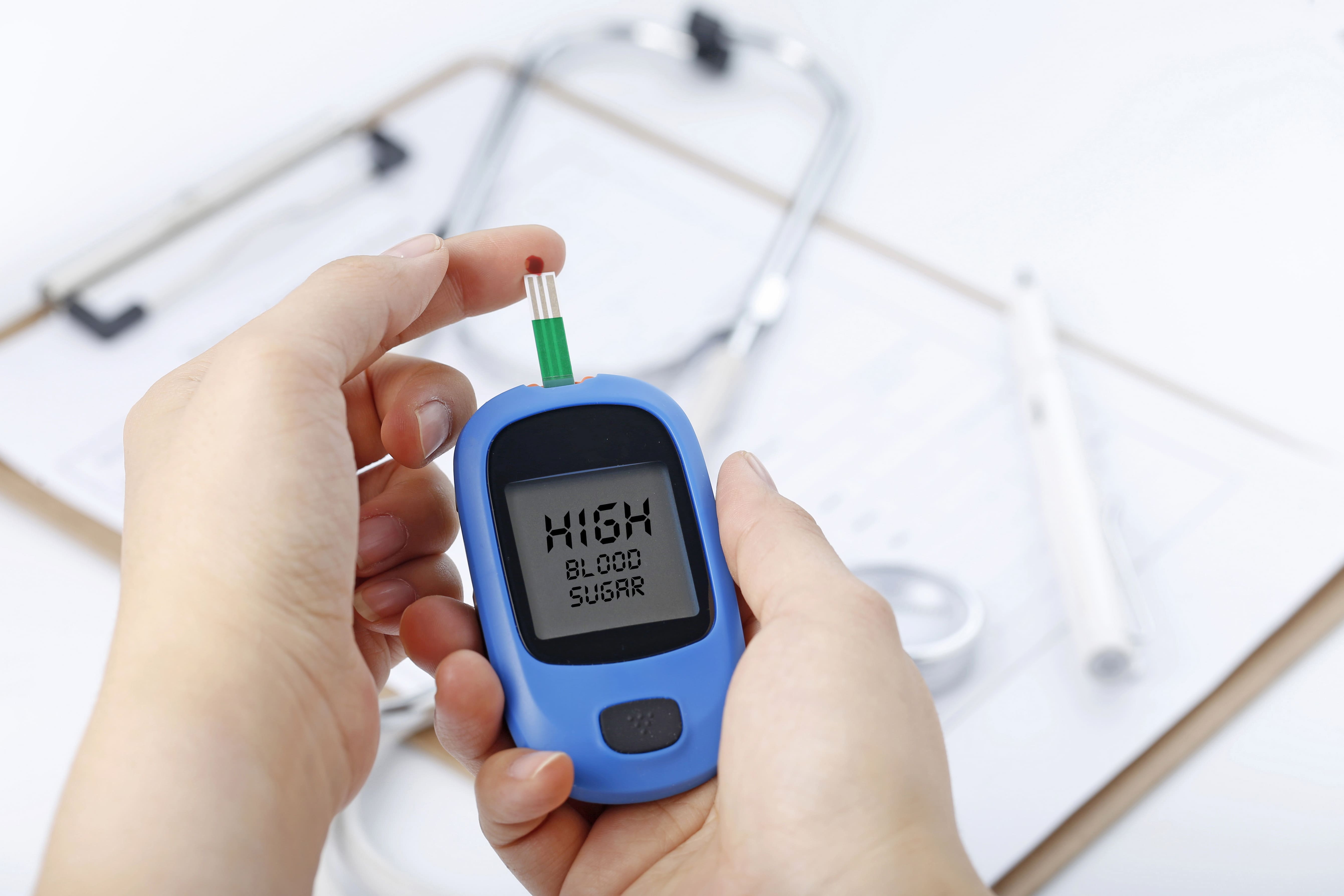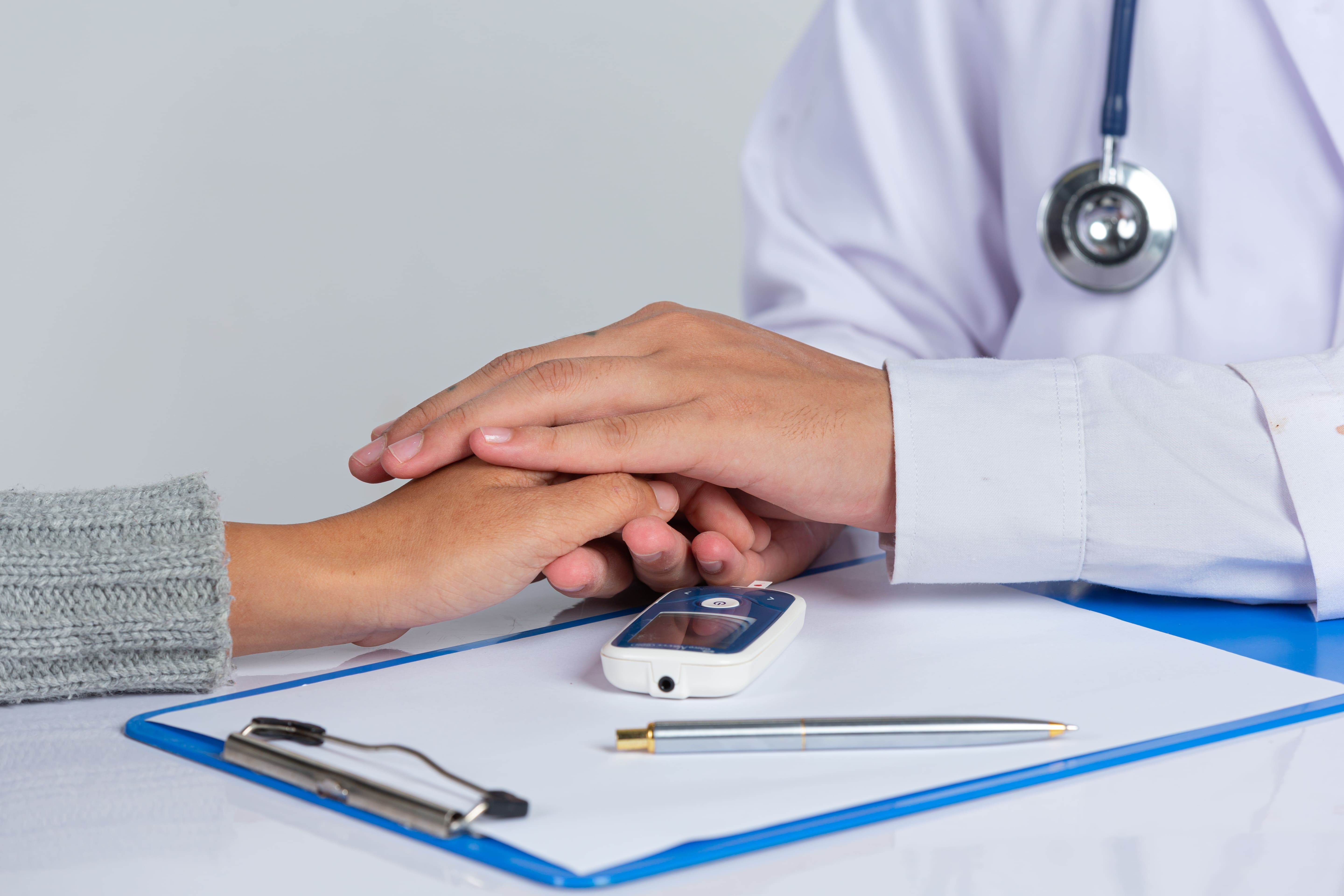Types of Thyroid Disorders


Hypothyroidism
Hypothyroidism occurs when the thyroid gland does not produce enough thyroid hormone. Symptoms of hypothyroidism may include fatigue, weight gain, cold intolerance, constipation, and dry skin. It is treated with synthetic thyroid hormone replacement therapy.

Hyperthyroidism
Hyperthyroidism occurs when the thyroid gland produces too much thyroid hormone. Symptoms of hyperthyroidism may include weight loss, anxiety, tremors, increased heart rate, and heat intolerance. It is treated with medications, radioactive iodine, or surgery.

Thyroid Nodules
Thyroid nodules are lumps that form in the thyroid gland. Most thyroid nodules are benign, but some may be cancerous. Treatment options for thyroid nodules include watchful waiting, thyroid hormone suppression therapy, or surgery.

Thyroid Cancer
Thyroid cancer is a rare type of cancer that forms in the thyroid gland. Treatment options for thyroid cancer may include surgery, radioactive iodine, or radiation therapy.

